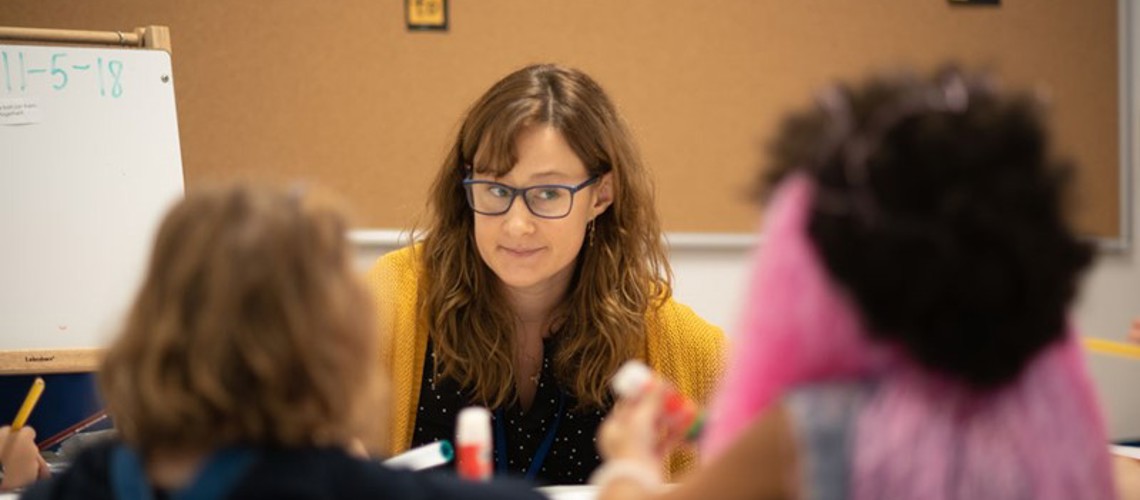
How do we teach?
At AISZ, our PK-12 curriculum is built on inquiry, fostering critical thinking, creativity, collaboration, and communication. Teachers design authentic, problem-solving experiences that encourage students to explore big ideas, ask meaningful questions, think critically, and consolidate their understanding. Interdisciplinary learning and the application of concepts across contexts are key priorities, empowering students to connect their learning to the world around them.
Our curriculum ensures that all learners achieve grade-level benchmarks and meet rigorous academic standards. With a commitment to respect, resilience, kindness, and responsibility, we provide tailored support through student services, including English as an additional language, academic support, and enrichment opportunities, ensuring every student can thrive.




